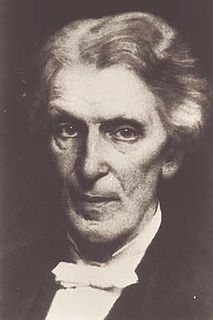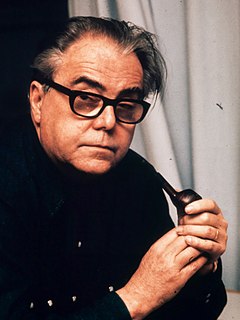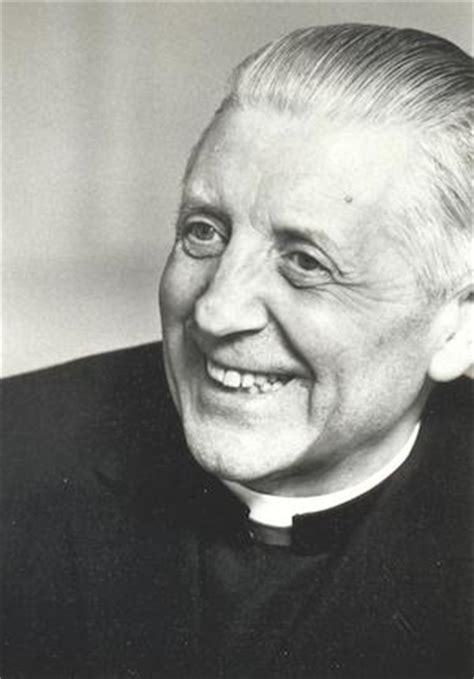A Quote by Samuel Johnson
Vanity is so frequently the apparent motive of advice that we, for the most part, summon our powers to oppose it without very accurate inquiry whether it is right. It is sufficient that another is growing great in his own eyes at our expense, and assumes authority over us without our permission; for many would contentedly suffer the consequences of their own mistakes, rather than the insolence of him who triumphs as their deliverer.
Related Quotes
[Religion] attacks us in our deepest integrity - the core of our self-respect. Religion says that we would not know right from wrong, we would not know an evil, wicked act from a decent human act without divine permission, without divine authority or without, even worse, either the fear of a divine punishment or the hope of a divine reward. It strips us of the right to make our own determination, as all humans always have, about what is and what is not a right human action.
The mystery of God's providence is a most sublime consideration. It is easy to let our reason run away with itself. It is at a loss when it attempts to search into the eternal decrees of election or the entangled mazes and labyrinths in which the divine providence walks. This knowledge is too wonderful for us. Man can be very confident that God exercises the most accurate providence over him and his affairs. Nothing comes to pass without our heavenly Father. No evil comes to pass without his permissive providence, and no good without his ordaining providence to his own ends.
There is no enemy can hurt us but by our own hands. Satan could not hurt us, if our own corruption betrayed us not. Afflictions cannot hurt us without our own impatience. Temptations cannot hurt us, without our own yieldance. Death could not hurt us, without the sting of our own sins. Sins could not hurt us, without our own impenitence.
We cannot embrace His cross, and yet refuse our own. We cannot raise the cup of His remembrance to our lips, without a secret pledge to Him, to one another, to the great company of the faithful in every age that we, too, hold ourselves at God's disposal, that we will ask nothing on our own account, that we will pass simply into the Divine hand to take us whither it will.
A state of shock is what results when a gap opens up between events and our initial ability to explain them. When we find ourselves in that position, without a story, without our moorings, a great many people become vulnerable to authority figures telling us to fear one another and relinquish our rights for the greater good.
Our agency, given us through the plan of our Father, is the great alternative to Satan's plan of force. With this sublime gift, we can grow, improve, progress, and seek perfection. Without agency, none of us could grow and develop by learning from our mistakes and errors and those of others.... I do not really think the devil can make us do anything. Certainly he can tempt and he can deceive, but he has no authority over us that we do not give him.
All the great masters in the world have been saying only one thing down the centuries, "Have your own mind and have your own individuality. Don't be a part of the crowd; don't be a wheel in the whole mechanism of a vast society. Be individual, on your own. Live life with your own eyes; listen to music with your own ears." But we are not doing anything with our own ears, with our own eyes, with our own minds; everything is being taught, and we are following it.
Near this spot are deposited the remains of one who possessed beauty without vanity, strength without insolence, courage without ferocity, and all the virtues of man, without his vices. This praise, which would be unmeaning flattery if inscribed over human ashes, is but a just tribute to the memory of Botswain, a dog.





































